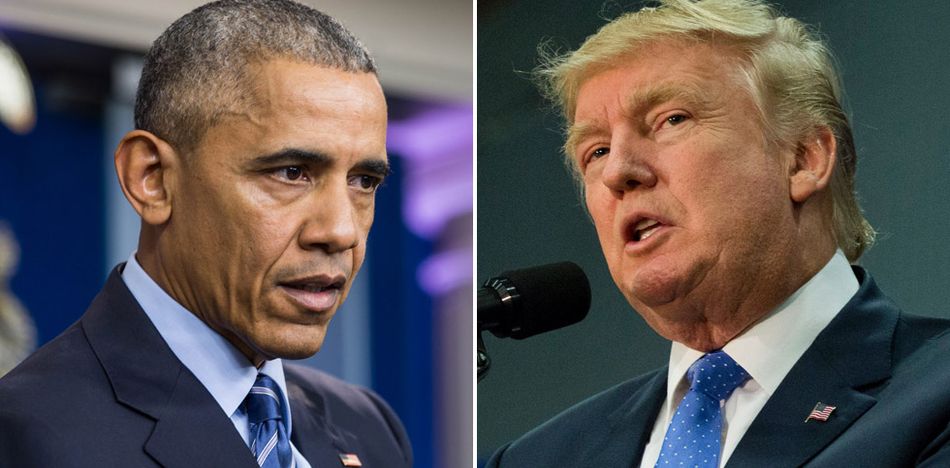
EspañolDue to concerns regarding the scale of immigration from Central America, the United States created the Alliance for Prosperity three years ago. It’s a project designed to improve the quality of life in three countries in the region in order to reduce the quantity of those who wish to live on American soil.
- Read More: Latin America Takes All Top-10 Spots on New List of World’s Most Dangerous Cities
- Read More: UN Points to El Salvador Gangs as Key Link to Cross-Continent Drug Trafficking
The initiative, which originally had around USD $1 billion earmarked for Guatemala, El Salvador and Honduras— the three countries with the highest number of immigrants— is now down to about USD $750 million. The payment of the funds, which were to be distributed during five years, was conditioned on changes which the recipient countries had to implement in order to guarantee a transparent use of the money.
In my view, the plan is ill conceived and, even if it can bring about some benefits to the region, it introduced new problems which should not be ignored. It’s senseless to think that this particular amount of money, which has to be divided among three countries during a five-year period, can change the social and economic conditions which motivate thousands of people to migrate to the United States annually. A few tens of millions of dollars per year, a tiny figure compared to the annual budget of each country, will not bring about any profound change. The gap between Central American and US salaries is so large– US employees earn between five and ten times as much as their counterparts in a country like Guatemala– that not even high speed development in Central America could seriously alter the flow of immigration to the United States. In the best of cases, it would reduce immigration numbers slightly.
No country achieves development by means of injections of foreign money, let alone with relatively meager amounts like the one mentioned above. Development requires large, steady flows of investment, which in turn requires a favorable investment climate in terms of low levels of crime and low levels of taxation. This is why it seems unrealistic to expect that USD $750 million could change structural problems that can only be altered very slowly.
Additionally, there is a truly alarming aspect of the Alliance for Prosperity and this became evident in Guatemala during the previous two years. In order to achieve a more effective use of the funds that are to be transferred, the United States has openly pressured Guatemala to carry out certain changes that Washington deems necessary:
US Ambassador Todd Robinson decided to brazenly interfere in local affairs. He has openly criticized or supported public officials and members of parliament, going as far as calling some of them idiots. He has intervened in legal processes with political undertones and he has supported certain plans to undermine Guatemala’s institutions.
In 2015, for example, he backed organizations that sought to cancel that year’s elections, and it seems that he has supported those who want to summon a constituent assembly which is prohibited by law. What is most unusual in my view is that Ambassador Robinson has boasted about all of his interventions, declaring shamelessly that, for him, it is necessary and just to interfere in our affairs whenever he finds a cause that, in his opinion, should be advanced.
Predictably, many Guatemalans have rejected this behavior, which goes completely against all diplomatic etiquette.
To accept a foreign ambassador who gives us orders and who considers it legitimate to intervene in our internal affairs is no different from accepting colonialism and Guatemala’s position of dependence on a foreign power. Some, however, have justified Robinson’s constant hampering because, in a particular situation, his point of view coincided with their own political or ideological agenda.
The recent announcement about Robinson’s replacement is a breath of fresh air for Guatemala-US relations. Luis Arreaga, the diplomat nominated to become the new American ambassador in the country, was born in Guatemala and he knows our reality and our lifestyle perfectly well. This is why we are optimistic that the new ambassador will concentrate on helping us to solve our real problems instead of trying to create new ones, as has been the case hitherto.
 Versión Español
Versión Español












